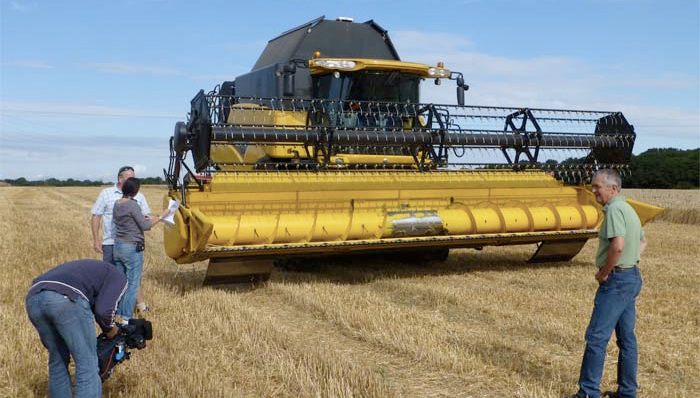
With the school and University holiday seasons approaching, farmers, landowners and shoots are being drawn to guidance from HMRC on Paying harvest casuals and casual beaters.
The updated Guidance, published in May, provides information for employers who pay casual employees working outdoors harvesting perishable crops, as well as casual beaters on shoots. It states that deduction of tax may not need to be made when such casual employees are employed for 2 weeks or less; however their pay is still taxable income and employees must ensure that any tax due is paid.
It also draws attention to the Code of Practice On Illegal Working as not everybody who may present for casual employment is actually eligible to work in the UK.
The Guidance also clarifies that part time or casual employees must be paid through PAYE, deducting tax and NICs as normal should any of the following be the case: (1) they work with you for more than two weeks: (2) they work on things other than harvesting or shoot beating; (3) they are a member of your family.
David Chismon, Director in the Landed Estates and Rural Business Group of UK top 20 Chartered Accountant Saffery Champness says:
"There was previously a form P38 (s) available for students paid below the PAYE and NIC thresholds, but this form no longer exists and all reporting has to be done under the RTI structure. There are exemptions under the rules for deducting tax for harvest casuals and casual beaters in certain circumstances. However the employer must keep a record of each person paid including full name, date of birth, gender, NI number, address and the amount paid and this should be reported to HMRC either on or before the employee’s first payday or within 7 days of paying them.
Many employers will still be getting to grips with the aspects of RTI that relate to casual summer employment although should be well versed with it for their regular staff. They should be aware of the new Guidance and, if in any doubt, should discuss with their professional adviser."
